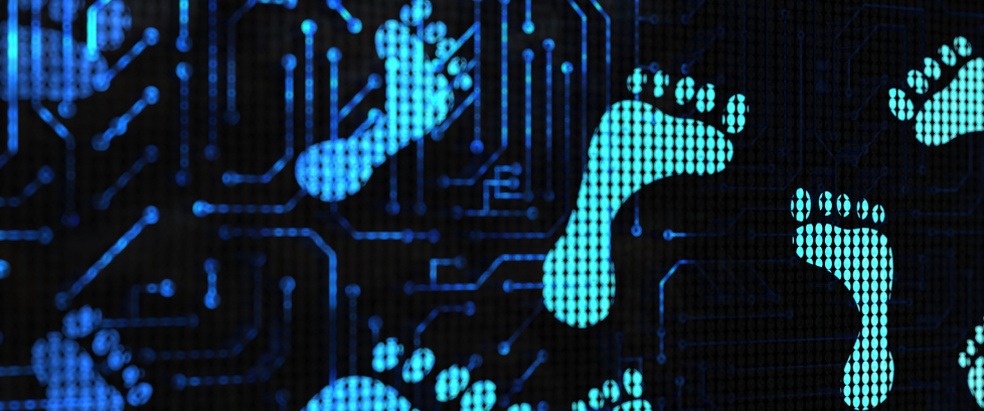It may have been a quiet week in Lake Wobegon, but elsewhere things have been decidedly lively.
On Jan 17th, President Obama made his statement in response to his Advisory Board’s review of NSA surveillance practices, and Internet Society (having already commented on the review) followed up with its observations on the President’s statement.
Meanwhile, in Northern France, the International Cybersecurity Forum (FIC2014) got under way, with some 2,500 attendees gathering in Lille to hear, among others, the French Minister of the Interior outline his policies for countering the cyber threat while safeguarding citizens’ basic freedoms.
And before FIC2014 had even finished, the 2014 conference on Computers, Privacy and Data Protection (CPDP) had already started in Brussels.
All these events raised issues which directly concern us – digital citizens – and the digital footprints we create as we go about our daily business.
Crucially, we need to look at whether it is possible to control (or at least manage… or even see…) the trail of personal information we leave on the Internet.
Consider the following:
- Obama proposes new governance measures for the collection of US citizens’ telephone metadata, but skirts the question of privacy as a universal right, and says nothing about the economic damage to companies’ trust in Internet technology. By and large, nothing the President said suggested any great change with regard to the average citizen’s data: mass interception and pervasive monitoring will continue, as will the long-term storage of vast amounts of tracking data. If there is to be substantive change, all the indications are that it will have to come from citizens themselves.
- At FIC2014, the debate on the question of whether online anonymity is possible shows increasing maturity and sophistication. The key point is made that achieving ‘anonymity’ today does not mean what it meant 10 years ago, nor what it meant 1000 years ago. What implications does that have for 10 years hence? That’s an important question, because the data we classify as ‘anonymous’ today will still be around in 10 years’ time: will we still think they are anonymous, and will we wish, in 2024, that we had thought more carefully in 2014?
- And at CPDP, a troubling theme is the suggestion – by some stakeholders – that we should stop worrying about controlling the collection of personal data, and instead focus our efforts on achieving better control over its use. I couldn’t agree less. Imagine how we’d feel if the nuclear industry adopted the same philosophy. For all that personal data is an increasingly vital economic asset, its retention also represents a growing liability – and by far the best way to manage that liability is not to collect the data in the first place. The principle of data minimisation, as an important element of privacy by design, is not a new one, but our interpretation of it needs to keep pace with innovation.
Despite the imbalance in the power relationship between us and service providers, data minimisation is not just something we should insist they should do on our behalf, the privacy outcomes are something for which we must take more responsibility ourselves.
The implications for individual consumers and citizens are clear. We all need to be doing more to understand our digital footprints, to understand the asymmetric power relationship they represent, and to take responsibility to the extent that we can. To that end, and to coincide with Data Privacy Day 2014, Internet Society is launching a set of materials to help us all understand our digital footprints:
What they are, and what we can do to manage them.
Here’s what you will find in the package:
- A document that is structured to make it simple for you to understand and manage your digital footprints
- A set of interactive online tutorials, each giving an audio-visual guide to an aspect of digital footprints
We will follow this up with a short animated video in a few weeks. You can use that as a “nudge point”, to see if you have started thinking differently about your online privacy and your digital footprints. I hope you will.

